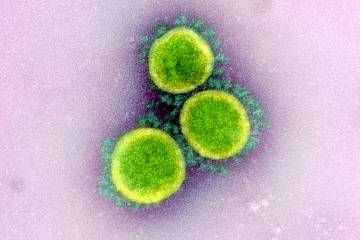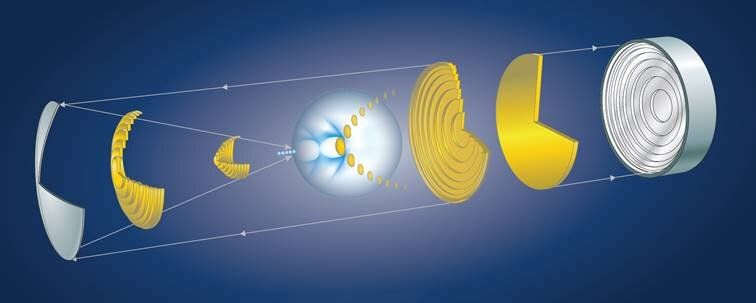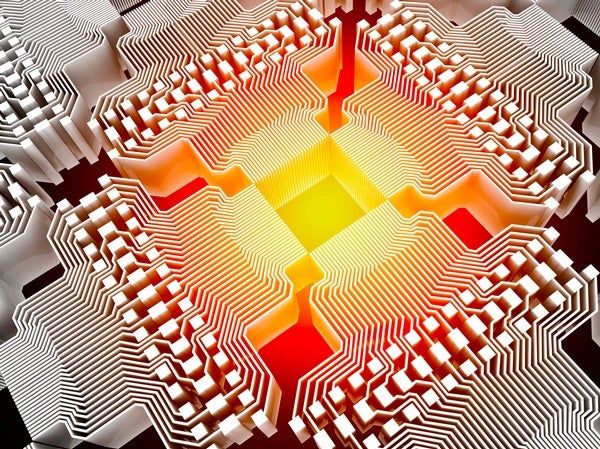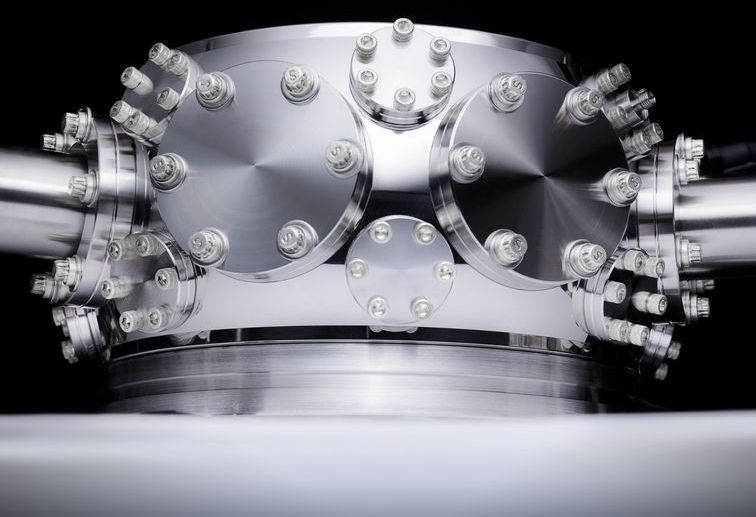Page 7691
Apr 5, 2020
Coronavirus might spread much farther than 6 feet in the air. CDC says wear a mask in public
Posted by Genevieve Klien in category: biotech/medical
Apr 5, 2020
Johns Hopkins biologist and computer scientist James Taylor dies at 40
Posted by Genevieve Klien in category: computing
He is remembered for his ‘transformational’ and ‘immeasurable’ contributions to scientific research.
Apr 5, 2020
Pinoy Scientists on Facebook Watch
Posted by Florence Pauline Gardose Basubas in category: biotech/medical

I made a video on the possible treatments for COVID-19 and how it targets different components of SARS-CoV-2, the virus that causes it 😃
You can watch it here: https://youtu.be/DaXG3Qd8soo And let me know if you have questionsor suggestions 😃.
Apr 5, 2020
New laser technique will allow more powerful—and smaller—particle accelerators
Posted by Quinn Sena in category: particle physics
Accelerating electrons to such high energies in a laboratory setting, however, is challenging: typically, the more energetic the electrons, the bigger the particle accelerator. For instance, to discover the Higgs boson—the recently observed “God particle,” responsible for mass in the universe—scientists at the CERN laboratory in Switzerland used a particle accelerator nearly 17 miles long.
But what if there was a way to scale down particle accelerators, producing high-energy electrons in a fraction of the distance?
Apr 5, 2020
The Marine Corps has started fielding next-generation body armor to grunts
Posted by Quinn Sena in category: military
After years in the making, the Marine Corps has finally started fielding next-generation body armor to lighten the load for grunts in the field.
The new lightweight protective vest, known as the Plate Carrier Generation III, is designed to provide additional protection from shrapnel and other fragmentation for Marines, according to a statement from Marine Corps Systems Command.
More importantly, the new system is 25 percent lighter than the Corps’ existing plate carrier, providing a smaller footprint in terms of the load a grunt has to haul and in turn reducing fatigue and improving operational capability while maintaining a similar level of protection.
Apr 5, 2020
Physicists Have Tested The Speed of Light at The Highest Energies Yet
Posted by Quinn Sena in categories: energy, physics
O,.,o.
Physicists have conducted the most high-energy test of the speed of light yet, and found that it is still constant, everywhere in the Universe, even in gamma rays spewed out of sources such as exploding stars.
This means that, even at the highest energies we can detect, one of the pillars of Albert Einstein’s theory of special relativity still stands firm.
Continue reading “Physicists Have Tested The Speed of Light at The Highest Energies Yet” »
Apr 5, 2020
Decoherence Is a Problem for Quantum Computing, But … — Scientific American Blog Network
Posted by Saúl Morales Rodriguéz in categories: computing, quantum physics
The interactions with the environment that cause it are what make quantum measurement possible.
Apr 5, 2020
Honeywell plans a quantum computing speed boost of 100,000x by 2025
Posted by Saúl Morales Rodriguéz in categories: business, computing, quantum physics
Apr 5, 2020
Coronavirus leaves US laptops and home devices exposed to cyberattacks
Posted by Derick Lee in categories: biotech/medical, business, cybercrime/malcode
As the coronaviruspandemic sweeps across the United States, another invisible enemy is threatening America’s data security.
From stealing data to disseminating misinformation, hackers are taking advantage of the US at an especially vulnerable time during the war against the deadly outbreak.
As millions of Americans have been ordered to work from home to contain the spread of the virus, data is now being transmitted outside secure business networks, making it a treasure trove for hackers.
Continue reading “Coronavirus leaves US laptops and home devices exposed to cyberattacks” »


















